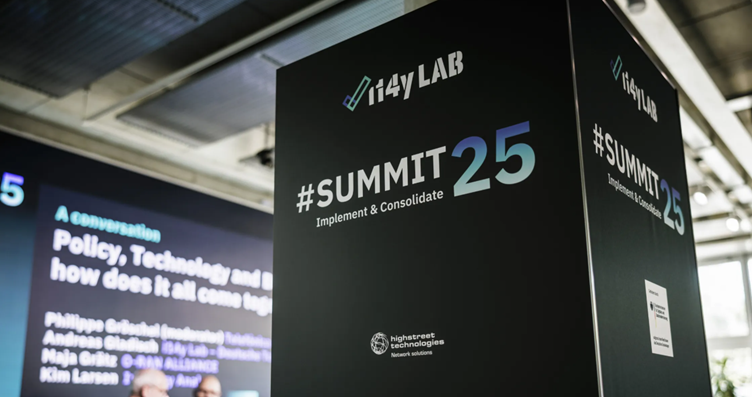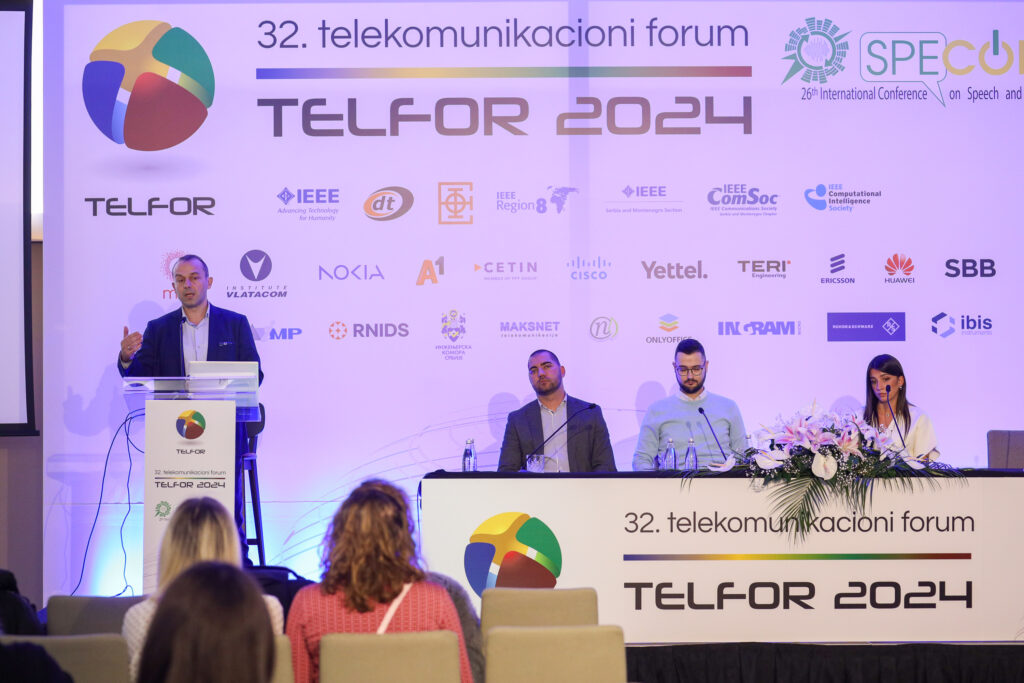
Aspire is part of NEC!

The evolution of the connected world over the past 10 years has been mind blowing. It’s had a massive impact on people’s lives, mostly positive one might say. The impact for Mobile Network Operators (MNOs) has not been that positive though. Today I’ll try to illustrate why.
This mobile (re-)evolution brought a whole set of new challenges to MNOs, of very different nature. Some of the main ones being:
The above is pushing the industry to reinvent itself, from operators to vendors, and Aspire is right with them. The cost per bit transacted in mobile networks must come down significantly to at least get close to the cost per bit transacted in fixed networks. A lot of that reduction is to be done on the Radio Access Network (RAN), which is CapEx and OpEx intensive. Below are some ways in which operators are approaching some of these challenges and the key factors behind them.
Spectral efficiency
It sounds technical but it’s actually very simple. With the rise of data volume demands and new applications such as 4K video, operators now need to achieve bit-rates (or data speeds) multiple times higher than only 2 or 3 years ago to cope with data hungry applications, and that’s not stopping. There are two solutions for this: either you get more resources (i.e., new spectrum or new sites) or you transmit more data with the assets you already have (i.e., increase your spectral efficiency).
Buying more spectrum is a luxury most cannot afford in the required amount – both in terms of price (e.g. operators splashed €6.5B in Italy 5G spectrum auction recently) and availability (let’s not forget that spectrum is a limited resource). Hence the spectral efficiency must be improved. That is done mainly via:
At Aspire, we are helping our customers on this mission. For example, via redesigning the mobility strategy and developing specific features to ensure devices dynamically select the best layer. Only last year we helped one of our customers in the Americas to migrate over 50MHz of spectrum from 2G to 3G and 4G. In terms on new technologies, our Next Generation Lab is now fully operational, enabling us to move to 5G and develop AI/ML powered use cases for optimization and operations.
Automation, Artificial Intelligence (AI) and Machine Learning (ML)
Apart from the time and cost reduction associated with manual intensive labour, automation has the potential to enhance the quality of the work, eliminating human errors. AI and ML take this to a whole different level enabling insights from multiple complex sets of data and autonomous decision making.
At Aspire we believe that it is key to enable engineers to work smarter – spending hours post-processing Drive Test logs, doing manual correlation of data or even repetitively troubleshooting if a service bottleneck is related to Radio, Transmission, Core, the application or the device is a concept of the past. In that regard, Aspire’s Innovation team is working on adding an intelligence layer to the multiple (rich) sources of data within MNOs.
As an example, we recently developed an algorithm for one of our Fixed Wireless Access (FWA) customers that allows them to predict how many more houses they can serve (i.e., sell) per cell, and how many of their cells are or will be full within a given period. We were also able to use this intelligent correlation of data sources to reduce the number of raised incidents to first line support by 57% due to early fault detection for another customer.
Understanding Customer Experience
With legacy voice services, metrics such as dropped calls or call setup failures are a good representation of Customer Experience and a node/network led analysis was usually good enough. However, in a data and App world with growing quality demand, the approach has to be service centric. Furthermore, with network virtualization, more (and different) IT skills are required to fully understand Customer Experience. Below are three easy examples to illustrate why this is a challenge.
I hope it is clear now that all that glitters is not gold. Society and operators in particular are facing a deep transformation; adapting to the challenges and opportunities it brings is the key to success. Darwin would say it better than me: “It is not the strongest of the species that survives, nor the most intelligent. It is the one that is most adaptable to change”
Just to finish up. Although this post focuses on challenges, let’s not forget that every challenge is an opportunity in disguise. We are barely scratching the surface of what the connected world will bring to our lives and businesses.
We must embrace change to get ahead and in Aspire we’re leading the charge!




